Photographs: Star512/Creative Commons Shameem Akthar
Here are five pit-falls of a desk-bound job, and advice on how to break the vicious cycle.
A sedentary lifestyle or work-style can have a worse impact than smoking! A desk job, it seems, is a sure way to ill-health on several counts, from the outside as well as the inside.
To a person with a job that requires lots of shuttling and commuting, a desk-bound job may seem just ideal. But research is throwing up mounds of warnings against such a work-style.
Jobs that earlier required you to travel and move about are - thanks to technology - becoming desk-centred.
The time saved in travel is added to the workload on the desk and none of it is doing your health any good.
Shameem Akthar lists five pit-falls of a desk-bound job, and some advice on how to break the vicious cycle.
Please click NEXT to continue reading...
Weakened eyesight
Photographs: Rediff Archives
When you are required to look at one area -- like the computer screen -- the six muscles that hold the eyeball in place and are responsible for the movements that aid vision, begin to lose tone.
In alternative therapy, this is regarded as the reason sight begins to falter.
Moreover, eyes naturally blink to give them a fraction of a moment’s rest, but when you stare at a screen that is moving, this natural reflex is forgotten.
Most workplaces are air-conditioned and this dries out eyes faster.
And because the head and eyes are centrally focused, you do not exercise peripheral vision, which in any case is limited. Narrowing of the range of vision is not good for the eyes.
Quick-fix: Every few hours, take an eye-rest break.
Rub your palms firmly to generate warmth then place the warmed palms over closed eye-lids, soothing the tired eyes. This is called palming.
Also, do eye-rotations every few hours, gently moving the eyes in a clockwise direction, and then moving them in an anti-clockwise direction. Follow this up with palming.
Doing this just a few times during the day will prevent your sight from deteriorating.
Please click NEXT to continue reading...
Lower back problem
Photographs: Rajesh Karkera/ Rediff.com
This is usually the first area of attack for most people.
Interestingly, when people who have been fairly sedentary suddenly try to exercise (such as treadmill, running, brisk-walking) the back will be the part that will strain first.
Being seated for long periods of time weakens the supporting back muscles, passing the load on to the spine, thus causing the problem.
There may be trouble with normal tasks such as lifting a heavy suitcase or cleaning the house.
This shows that the spine has progressively weakened at that spot without any support from the back muscles.
The remedy usually sought is exercise. But unless the back muscles are developed first, this will only strain the spine further.
Quick-fix: If you have to sit in a chair for a long time introduce gentle twists, just rotating the torso to the right and left. Do it every few hours.
Also curve the back in and out. Not only does it work the muscles gently, but also facilitates normal blood flow. Being in one position for long can clamp down on this.
Please click NEXT to continue reading...
Repetitive stress injury
Photographs: Holly/Creative Commons
This has reached epidemic proportions. It also takes the longest to sort out once it occurs. So, take measures to prevent its occurrence before it becomes a painful part and parcel of your life.
It responds slowly to all treatments and can cause arthritic degeneration of the joints, making recovery slow and painful.
It happens from overuse of certain joints due to the nature of a desk job – fingers, wrists, elbows and shoulder joints are hit the hardest.
RSI causes pain in the joints, restless sleep due to this, need for painkillers, constant visit to therapists and doctors and continuing arthritic degeneration of the joints (including the digits at the fingers).
Quick-fix: If you know that your job requires a particular part of your body to be rigid (for example, a designer will have to use the hands and fingers more and be bent over longer, straining the neck too), create some simple movements that break the rigidity for a few minutes.
Invest just a few minutes every few hours in clenching the fist and opening the fingers and rolling the shoulders and rotating the elbows. This could save you high medical bills.
Please click NEXT to continue reading...
Heart problems
Photographs: Rediff Archives
A sedentary lifestyle can cause or aggravate heart problems and associated chronic problems, including diabetes and high blood pressure.
The connection to the heart and the legs could help us understand why this is so.
The overburdened heart needs active legs to help in the smoother pumping of blood. This explains why a person with a weak heart is advised to walk about when seated for too long during air or road travel.
It also causes the blood to pool down instead of flowing smoothly throughout the body, adding the pressure of the circulatory system.
Quick-fix: Initiate some gentle movements from the toes or ankles to engage the legs so that the blood keeps moving instead of beginning to pool down.
Curl the toes and release them five times or so. Rotate the foot at the ankle in a clockwise and anti-clockwise direction, a few times for each leg.
Please click NEXT to continue reading...
Digestive problems
Photographs: Uttam Ghosh/ Rediff.com
A whole host of digestive problems can be tracked back to a sedentary lifestyle: acidity, indigestion, food cravings, constipation and obesity for instance.
The biggest problem with a sedentary lifestyle is that we continue to eat food as if we are engaged in muscular activity, without giving the body any chance to work it out.
This means that though we eat a lot, we may not eat food that will nutritionally support our work (mental work can be prescribed certain foods that assist the brain), and this can cause food cravings, which again the body misinterprets, causing a huge disharmony in the entire system.
Lack of exercise causes obesity, constipation and indigestion, which in turn builds up toxins.
Quick-fix: Plan your diet, so your breakfast is large and you have the whole day to digest it.
Do not overdo the lunch, and progressively reduce how much you consume, keeping dinner as the lightest meal of the day.
This is a rule for everybody, but especially so for those with a sedentary lifestyle.

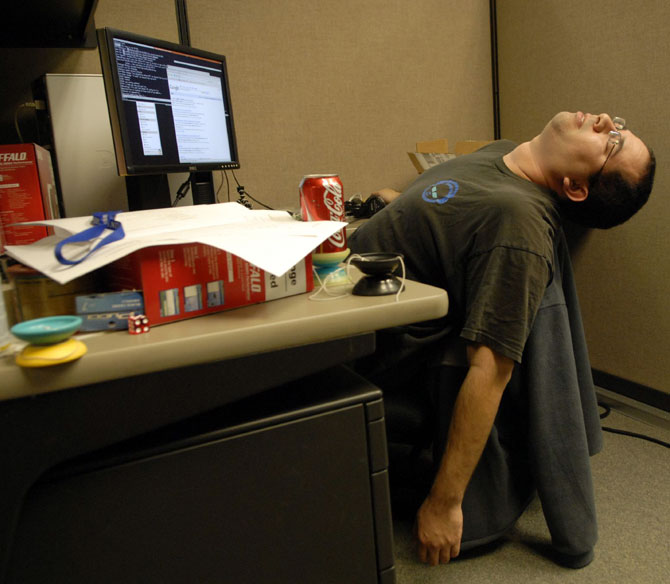
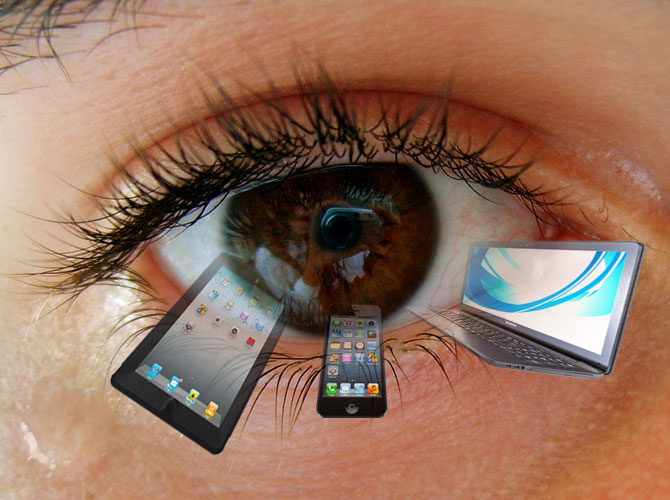
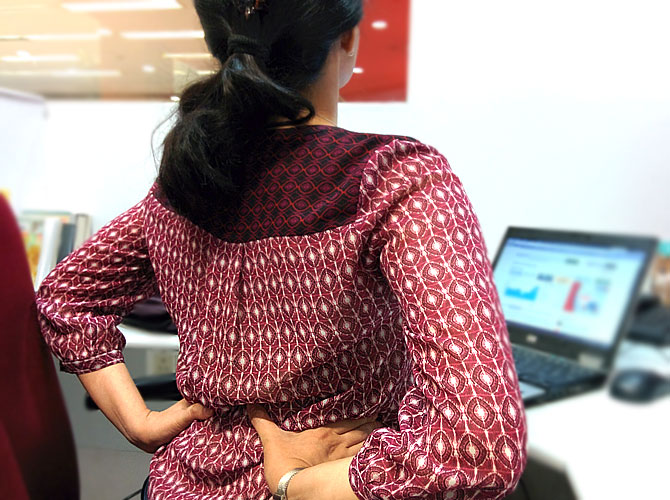
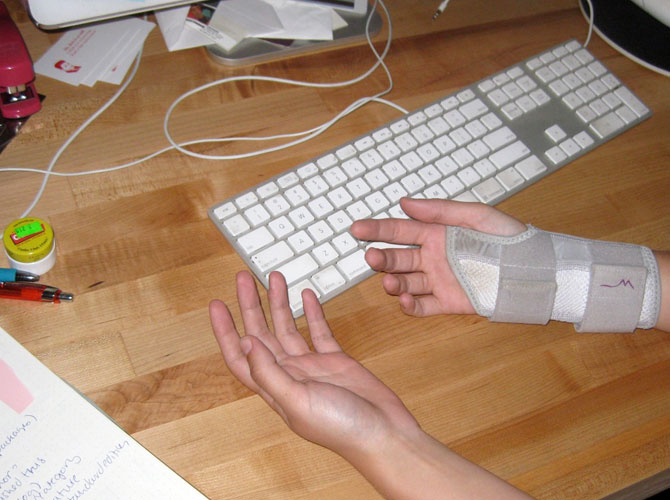

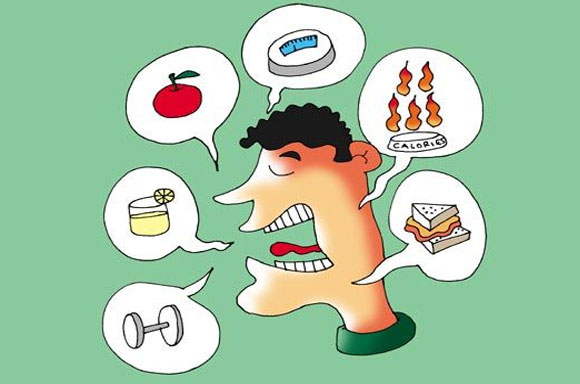
Comment
article